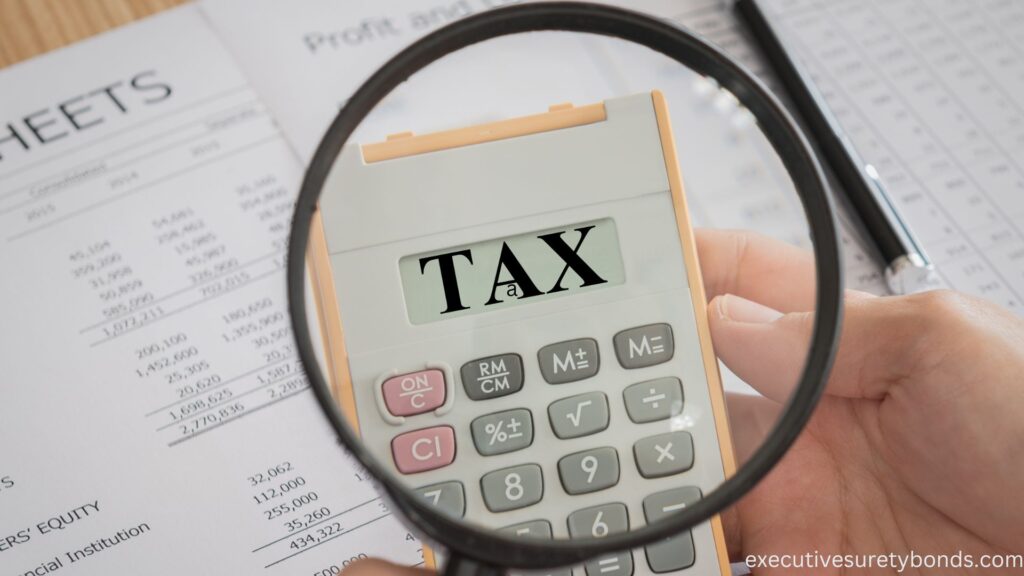Introduction
Have you ever wondered how Washington State maintains its vast network of roads, highways, and transportation infrastructure? One essential piece of the puzzle is the Motor and Special Fuel Tax Bond. In this article, we’ll break down what this bond is, why it matters, and how it plays a vital role in keeping Washington’s transportation system running smoothly.
Understanding the Motor and Special Fuel Tax Bond
The Motor and Special Fuel Tax Bond is a financial guarantee required by the Washington State Department of Licensing (DOL) from businesses engaged in activities related to motor fuels and special fuels. This bond ensures that these businesses comply with the state’s tax laws and regulations regarding the sale, distribution, and use of motor and special fuels.
Why Does the Motor and Special Fuel Tax Bond Matter?
- Revenue Collection: Washington relies on taxes levied on motor and special fuels to fund essential transportation projects, such as road maintenance and improvements. The bond helps ensure that businesses accurately report and pay their taxes, contributing to the state’s revenue stream.
- Compliance Assurance: By requiring businesses to obtain this bond, the DOL ensures that they adhere to all relevant tax laws and regulations. This promotes fair competition and prevents tax evasion.
- Protection for Consumers: When businesses comply with tax laws, it helps maintain stable fuel prices for consumers. The bond plays a role in safeguarding consumers from potential price fluctuations due to tax-related issues.
How Does the Bond Work?
Let’s say you own a fuel distribution company in Washington. To operate legally, you must obtain a Motor and Special Fuel Tax Bond. This bond acts as a financial safety net. If, for any reason, your business fails to fulfill its tax obligations, such as reporting and paying the required fuel taxes, the bond can be used to cover the unpaid taxes.
Conclusion
The Motor and Special Fuel Tax Bond is a crucial component of Washington State’s transportation infrastructure funding and tax collection system. It ensures that businesses engaged in fuel-related activities contribute their fair share of taxes, promoting a well-maintained and efficient transportation network. So, the next time you fill up your tank or drive on Washington’s roads, remember that the Motor and Special Fuel Tax Bond is helping keep those wheels turning.
Frequently Asked Questions
Can individuals be required to obtain a Motor and Special Fuel Tax Bond in Washington?
The Motor and Special Fuel Tax Bond requirement primarily applies to businesses engaged in activities related to motor fuels and special fuels. Individuals who are not involved in fuel-related commercial activities typically do not need to obtain this bond. However, it’s essential to consult with the Washington State Department of Licensing (DOL) or a legal expert to determine specific bonding requirements for your situation.
What happens if a business fails to obtain the Motor and Special Fuel Tax Bond in Washington?
Failing to obtain the required Motor and Special Fuel Tax Bond can have serious consequences for businesses. They may face penalties, fines, or even legal action by the DOL for non-compliance with tax laws. Additionally, without the bond, they may not be permitted to engage in fuel-related activities in the state.
Is the bond amount for the Motor and Special Fuel Tax Bond fixed, or does it vary depending on the business’s size and operations?
The bond amount for the Motor and Special Fuel Tax Bond is not a fixed figure. It can vary based on various factors, including the type of fuel-related activities a business is engaged in, the volume of fuel sales, and other operational considerations. The DOL will determine the appropriate bond amount based on the specific circumstances of each business.

